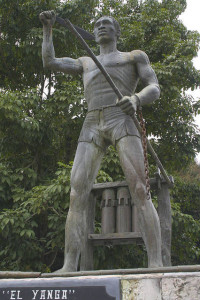The British officially abolished slavery throughout their empire on Aug. 1, 1834, freeing some 800,000 Africans from bondage. The date should be forever commemorated—but so should slavery’s own history of resistance and rebellion.
That slaves have always found ways to rebel is reflected in the earliest surviving legal texts. In the 21st century B.C., King Ur-Nammu of Ur, an ancient city in what is now Iraq, proclaimed that “if a slave escapes from the city limits and someone returns him, the owner shall pay two shekels to the one who returned him.”
As slavery became more deeply ingrained in society, so did the nature of the resistance. The Greeks were severe toward rebellious slaves. But no society was as cruel or inventive as Sparta. Having subjugated the neighboring Messenians into helotry in the seventh century B.C. (helots were the property of the state), the Spartans inflicted a reign of terror on them: During annual culls, young warriors were encouraged to hunt and kill the strongest helots.
A catastrophic earthquake in 464 B.C. prompted a short-lived rebellion, but the helots remained trapped in their wretched existence for another century. Finally, another opportunity to revolt came in 371 B.C. after the city-state of Thebes defeated Sparta at the Battle of Leuctra. Aided by the victorious Thebans, the Messenians rose up and drove the Spartans from their land.






